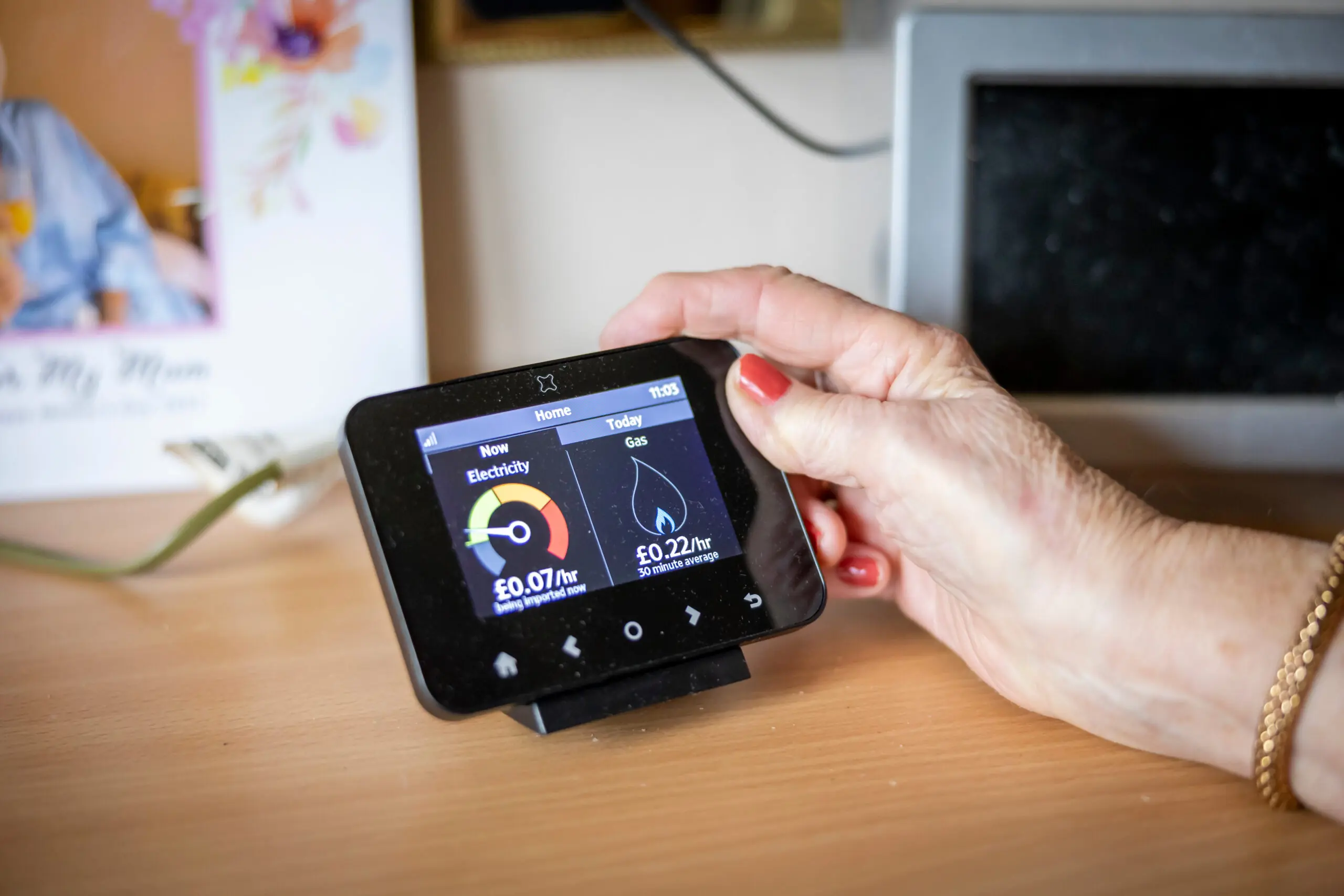The Winter (Fuel Payment) of discontent

The government announced a u-turn on its Winter Fuel Payment cuts yesterday. The changes will:
- Return eligibility to 9 million pensioners in England and Wales who earn less than £35,000 a year
- Increase eligibility from around 1.5 million pensioners who received it in winter 2024, though not restore it to 10.8 million pensioners who had it in winter 2023
- Reduce savings from £1.4 billion to £450 million
The changes are welcome and the government is right to pay attention to the impact of the policy on older people. The only silver lining in an otherwise difficult period of policymaking has been the focus on benefit take up via DWP’s own campaigns and, more impactfully, those of our customers, which have led to an extra 60,000 older people taking up Pension Credit, from London to Wales and across the country.
The new scheme is mostly automated, isn’t restricted to those on Pension Credit, and has a reasonable threshold. The problems associated with tying the Winter Fuel Payment to Pension Credit, outlined below, are now addressed in the new policy.
- Missed out the missing out: the old policy left over 800,000 low income pensioner households missing out on Pension Credit in the cold, literally
- Cliff edges: 130,000 pensioners were missing out on £7,000 in other benefits like social tariffs, council tax support, and housing benefit because they received less than £10 a week over the Pension Credit threshold
- Pension Credit threshold was just too low: Pension Credit cuts out at £11,800 a year for singles, or £18,000 each for couples. On these incomes, £300 is a lot of money and impacts everyday affordability for one in five pensioners, according to Independent Age
Targeting of benefits is critical to keeping a generous welfare system affordable, but the government rushed the winter 2024 scheme and paid a steep political price.
The savings seem to have melted away…
The winter 2024 scheme has likely offered near-zero savings to the Treasury, though this is a good thing.
We have long argued, in analysis covered on BBC’s Moneybox, that savings from additional Pension Credit recipients will erode the savings from the Winter Fuel Payment cuts. Happily, the Treasury felt similarly and had budgeted around £400 million for additional claims.
DWP has, with honourable transparency, recently published updated figures of additional claims, estimating there were 58,600 extra Pension Credit claims compared to the previous year. We previously estimated a £6,800 cost to Treasury per additional Pension Credit claim, including passported benefits, meaning these 58,600 claims cost £398 million, just shy of £400 million that Treasury had provisioned for in 2024.
But yesterday’s announcement about the £450 million saving was vague about whether provision was still being made for the £400 million cost of additional Pension Credit recipients, saying only that the saving is made “compared to the system of universal Winter Fuel Payments”.
It looks like the £450 million saving hasn’t allowed for the £400 million cost of additional Pension Credit claims which, if correct, would mean that the Winter Fuel Payment scheme has probably only saved the Treasury £50 million net of additional Pension Credit recipients.
In this instance, no savings for the taxpayer is a good thing
It looks like cutting the Winter Fuel Payment to the wealthiest two million pensioners has covered the cost to the taxpayer of getting 59,000 low income pensioner families onto Pension Credit and passported benefits, worth £6,800 per pensioner.
This is not just about money, however. Though life changing for a pensioner trying to get by on less than £220 a week, we know that Pension Credit also gives older people the ability to stay warm, healthy and active for longer. Our partner councils have used Pension Credit data to invite people to local Warm Places, exercise classes and activities to combat loneliness.
Society benefits too as access to Pension Credit reduces failure demand in the system. Loughborough University found a 2:1 payback in reduced NHS and social care demand from increasing Pension Credit take up.
Labour’s credibility on welfare policy has taken a hit
Despite little cash in the coffers, the government likely regrets its original cut to the Winter Fuel Payment. But with its hands tied due to tax and the triple lock on pensions, this week’s Winter Fuel Payment policy changes do a good job, short of going for a full reversal of the policy. However, the changes do hit Labour’s credibility on welfare policy, ahead of other more significant reforms.
Social Security Minister Stephen Timms justified the disability cuts in part to support people into employment, while also increasing the standard rate of Universal Credit. But these cuts will hit more deprived areas hardest. It’s another area of policy where the ability to make u-turns could be a source of strength.
Despite the welcome changes, frustrations with the new Winter Fuel Payment policy remain. It’s another unnecessary complexity added to the tax and benefit system and it still has a cliff edge of eligibility. It would be simpler to keep universal payments universal and ask people who are better off to contribute more through the tax system. Pensioners who are able to may choose to vary their pension draw down to ensure they keep the payment but the cliff edge creates uncertainty and adds an avoidable complication.
While Pension Credit take up has been boosted DWP barely achieved three in five of its Pension Credit take up goal. In a Freedom of Information response, DWP revealed it expected 95,000 extra claims yet its latest statistics show only 59,000 people signed up, just 62% of the goal.
As we said to the Work and Pensions Committee inquiry into Pensioner Poverty, HMRC data could potentially identify the 680,000 pensioners who are still missing out. If HMRC shared their data with local authorities as requested, councils would be able to identify and contact those who are missing out via targeted benefit take up campaigns, closing the unclaimed support gap and reducing pensioner poverty.
We call on the government to increase benefit take up and reduce complexity
The government will be glad to put the Winter Fuel Payment controversy behind it and no doubt lessons will be learnt.
We ask the government to continue its work to support low income households to claim Pension Credit. There are nearly 800,000 low income pensioner households still missing out on Pension Credit.
Much more could be done to simplify the social security system. The merger of housing benefit and pension credit provides an excellent opportunity to extend data led automation, tapering and access to locally administered benefits and social tariffs.
As part of our mission to make government policy easier to navigate, we work with one in three councils to use their data to increase take up of Pension Credit and other benefits, as well as target employment support, debt recovery, homelessness prevention, and Net Zero efforts.
If you would like to learn how much of the £23 billion is unclaimed in your area please contact us.




